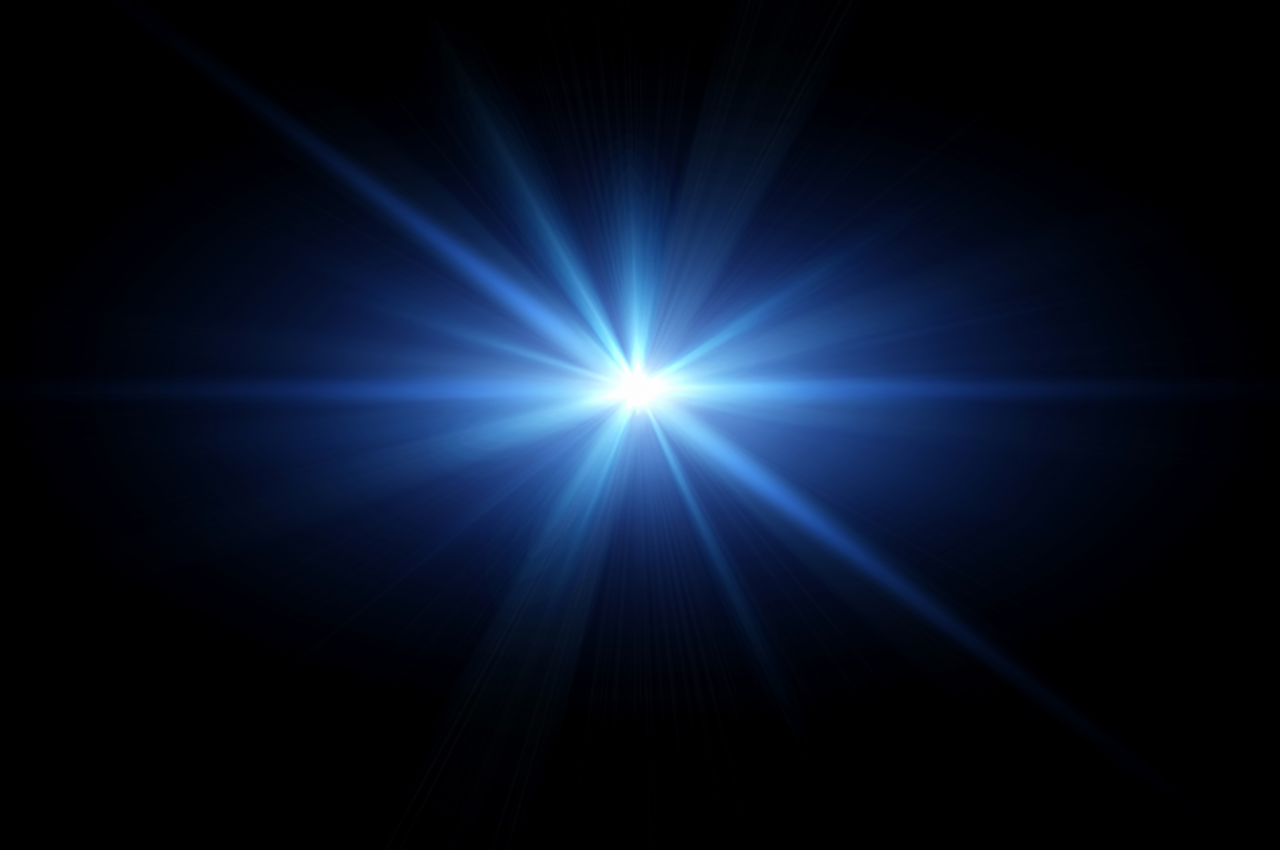Scrolling through your phone in bed before lights out might not be the healthiest way to end your day. There are rising concerns about the effects of screen time and the impact it can have on our vision and health. The main cause of concern is blue light.
The blue part of the light spectrum is very strong in Smartphones, tablets, TVs and other electronic devices with light-emitting screens.
The effects of blue light
It can break your sleep rhythm
Our natural, internal process that regulates the sleep-wake cycle and repeats almost every 24 hours, (circadian rhythms), was well in sync with the sun before the invention of the lightbulb. Night-time light disruption was minimal.
Now, artificial lighting can be found everywhere, from street lights and hospitals to TVs, laptops, and cellphones. There’s a suspected correlation between the increase in night-time lighting and the increase in mood disorders.
Lighting intensity is measured in lux units (lx). The level of lux produced from different light sources reveals that digital screens have caused an exponential increase in night-time light intensity. A laptop alone without the use of a TV, cellphone, etc., can produce over 33 000% more lux than a full moon.
The artificial light that phones produce can trick our bodies into staying awake instead of snoozing. Blue light activates neurons in the brain and increases alertness that keep you awake. It disrupts the melatonin hormone that regulates sleep-wake cycles. This causes sleep deprivation.
You could develop headaches and migraines
There’s a specific neural pathway from the eyes to the brain, according to researchers. This separates from how vision is transmitted and ultimately causes blue light wavelengths to worsen headache pain and other symptoms.
The blue light can increase other symptoms of migraine that include aura symptoms, photophobia/light sensitivity and dizziness/nausea amongst other symptoms.
Cut back on the blue
To help prevent the blue light’s adverse effects on your sleep cycles, avoid looking at screens in the last hour or two before bed. If that’s all too impossible, try other options that could minimise the effects of blue light on your vision.
- Use warmer lighting in your home by opting for more yellow-tinted LED lightbulbs instead of the bright white ones.
- Wear orange-tinted glasses that filter out blue light while working at your office computer, or use a screen protector that does the same without altering your entire field of vision.
- Use screen filters or apps on your devices to eliminate blue light. The colours may differ, but the screen will be easier on your eyes in the late evening.
Schedule an eye exam with your optician if you’re concerned about the effect blue light may have on your eyes. You doctor can help determine if there’s damage and help you come up with a plan to minimise other harmful variables like UV light.
References:
- https://www.health.harvard.edu/staying-healthy/blue-light-has-a-dark-side
- https://www.preventblindness.org/blue-light-and-your-eyes
- https://www.theraspecs.com/blog/how-blue-light-impacts-eyes-brain/
- https://www.mentalhealthamerica.net/blog/how-blue-light-affects-mental-health
- https://nin.nl/blue-light-makes-us-hyper-can-red-light-calm-us-down/

